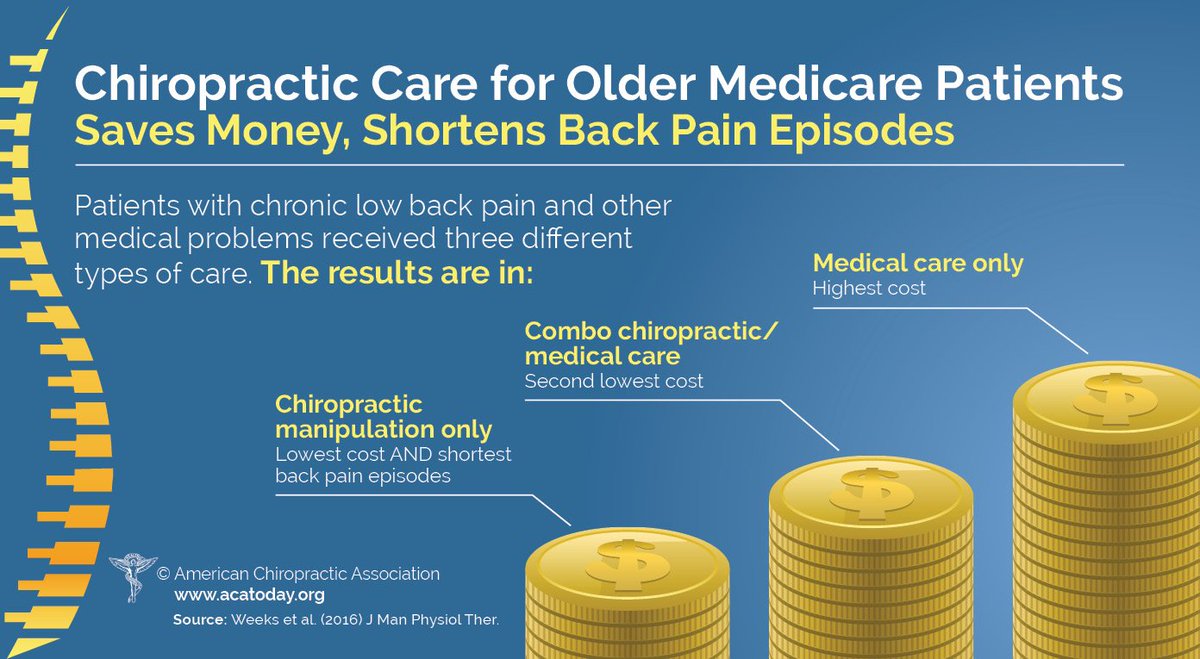Simply When You Believe Alleviation Is Near, Soft Tissue Therapy Reveals Its Uneasy Facts-- Discover Why The Process Can Be Agonizing Yet Beneficial
Simply When You Believe Alleviation Is Near, Soft Tissue Therapy Reveals Its Uneasy Facts-- Discover Why The Process Can Be Agonizing Yet Beneficial
Blog Article
Post Created By-Huffman Thuesen
When you undergo soft Tissue therapy, you may discover it remarkably uneasy. This pain emerges as pressure is related to tense muscles and broken cells, causing your pain receptors. While it can really feel stressful in the moment, there's a reason behind this feeling. Recognizing what occurs in your body throughout these therapies can help you value the process. So, just what is taking place beneath the surface?
The Physiology of Discomfort During Soft Tissue Treatment
When you undergo soft Tissue therapy, your body's response to discomfort is a complicated interplay of physiological procedures. As the specialist uses stress, your body turns on pain receptors, sending out signals to your mind. This triggers the launch of natural chemicals, such as substance P and glutamate, which magnify the sensation of pain.
Your muscle mass might additionally tense up in action, further making complex the experience. Additionally, your body might release endorphins, natural medicines that can help relieve some pain.
The interaction in between these procedures can produce an unique experience for each individual. Recognizing this physical feedback assists you navigate the sensations throughout treatment, enabling you to appreciate the equilibrium in between discomfort and the potential for healing benefits.
The Role of Discomfort in the Recovery Process
Although pain during soft Tissue therapy can feel frustrating, it plays a vital duty in the healing process. When you experience discomfort, your body is indicating that it's functioning to fix damaged tissues. This reaction helps boost blood flow to the affected area, providing necessary nutrients and oxygen required for recovery.
Furthermore, discomfort can advertise the launch of endorphins, your body's all-natural pain relievers, developing a sense of relief post-treatment. Accepting https://www.spectrumnews.org/features/deep-dive/straightening-chiropractics-claim-treatment-autism/ can help you understand your body's limits and urge you to address underlying issues.
While it's uneasy currently, this process is essential for long-lasting recuperation and boosted feature. Recognizing click here as a vital part of healing can encourage you to remain dedicated to your treatment.
Tips for Taking Care Of Discomfort During and After Treatment
Handling discomfort throughout and after soft Tissue therapy can significantly enhance your total experience and recuperation.
To begin, connect honestly with your specialist about your discomfort degrees; they can change strategies appropriately. Making use of deep breathing methods can additionally aid you kick back and minimize pain.
Take into consideration applying ice to the treated area post-session to lower swelling and numb pain. Remaining moisturized help in the recuperation process, so drink plenty of water.
Gentle extending and light movement after treatment can promote blood circulation and convenience rigidity. Finally, ensure you get sufficient remainder to permit your body to recover.
Carrying out these ideas can make your soft Tissue therapy more convenient and pleasurable.
Final thought
Finally, while soft Tissue treatment can be uncomfortable, it's vital to acknowledge that this discomfort plays a vital role in your healing trip. By comprehending the physical actions at play, you can approach the treatment with a much more favorable way of thinking. Remember, the preliminary discomfort typically gives way to alleviation as your body launches endorphins. Welcome the procedure, and do not think twice to utilize the pointers for taking care of pain to boost your experience and recuperation.
